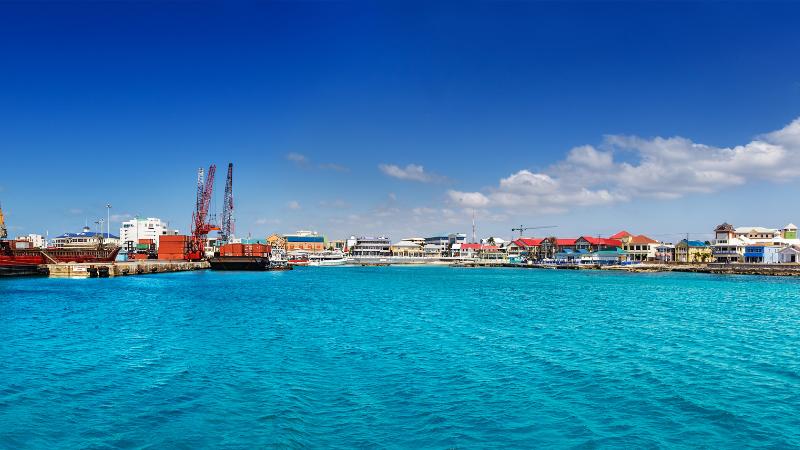
- nripage
- 24 Mar 2024 09:46 PM
- #History & Culture
Decolonization was a historic process that unfolded in the 20th century, leading to the independence of many countries in Africa, Asia, and the Caribbean from colonial rule. This movement marked a significant shift in global power dynamics, reshaping national identities, politics, and cultural resurgence in formerly colonized regions.
The history of decolonization can be traced back to the aftermath of World War II, when colonial powers faced economic challenges and political pressure to grant independence to their colonies. The emergence of nationalist movements, anti-colonial struggles, and international support for self-determination played crucial roles in driving the decolonization process.
In Africa, decolonization took place predominantly in the 1950s and 1960s, with countries like Ghana, Kenya, Nigeria, and Algeria gaining independence from European colonial powers. Leaders such as Kwame Nkrumah, Jomo Kenyatta, and Ahmed Ben Bella became symbols of African nationalism and liberation, advocating for self-rule, equality, and sovereignty.
Similarly, in Asia, decolonization unfolded with the end of World War II and the dismantling of colonial empires. India, led by Mahatma Gandhi and Jawaharlal Nehru, achieved independence from British rule in 1947, setting the stage for other Asian countries like Indonesia, Vietnam, and the Philippines to assert their independence and national identities.
The Caribbean region also experienced decolonization, with countries like Jamaica, Trinidad and Tobago, and Barbados gaining independence from British colonial rule in the 1960s and 1970s. The Rastafarian movement, rooted in Jamaica, emerged as a cultural and spiritual expression of resistance against colonialism and imperialism, highlighting the link between decolonization and cultural resurgence.
The impact of decolonization on national identities, politics, and cultural resurgence was profound. Newly independent countries embarked on nation-building efforts, seeking to forge cohesive national identities that reflected their diverse histories, cultures, and aspirations. This often involved efforts to reclaim indigenous languages, traditions, and cultural practices suppressed during colonial rule.
Decolonization also reshaped political landscapes, leading to the emergence of democratic institutions, political ideologies, and governance structures tailored to national contexts. However, challenges such as ethnic tensions, post-colonial economic dependence, and struggles for social justice persisted, highlighting the complexities of the decolonization process and its aftermath.
Culturally, decolonization sparked a resurgence of indigenous art, literature, music, and cultural expressions, reclaiming narratives of resilience, resistance, and identity. Movements promoting cultural heritage preservation, indigenous rights, and cultural revitalization gained momentum, contributing to a renewed sense of pride and empowerment among formerly colonized communities.
In conclusion, decolonization was a transformative process that shaped national identities, politics, and cultural resurgence in Africa, Asia, and the Caribbean. While it marked the end of formal colonial rule, its legacies continue to influence contemporary debates on sovereignty, self-determination, and post-colonial identities in a globalized world.












































